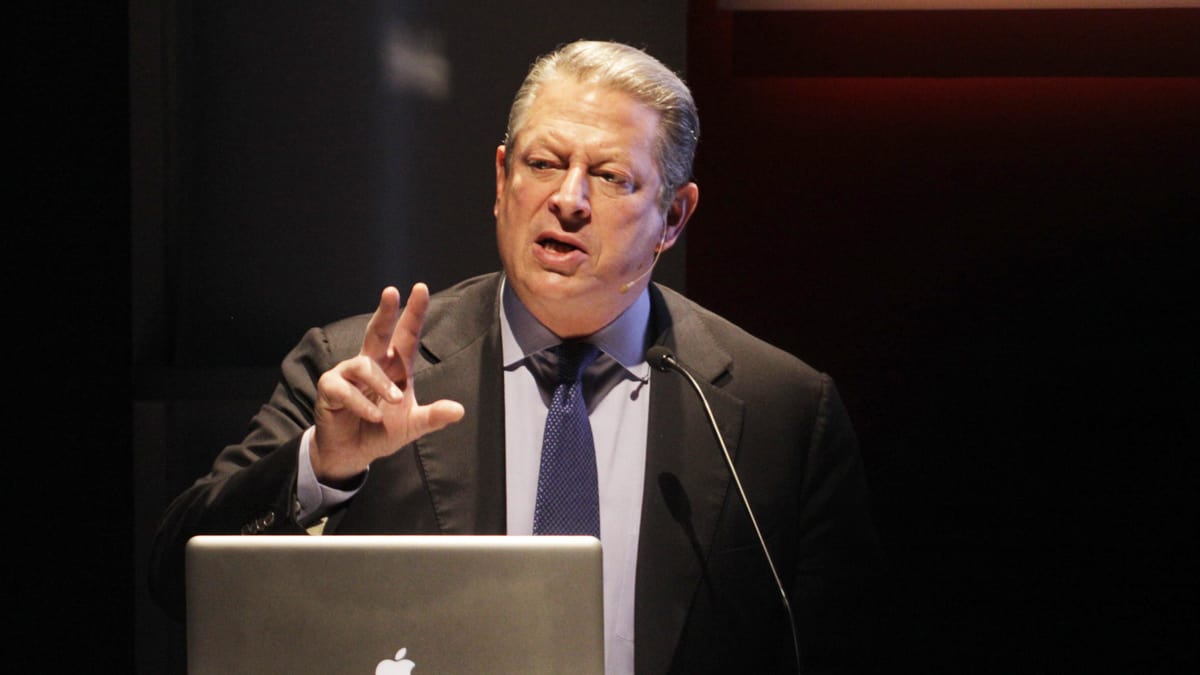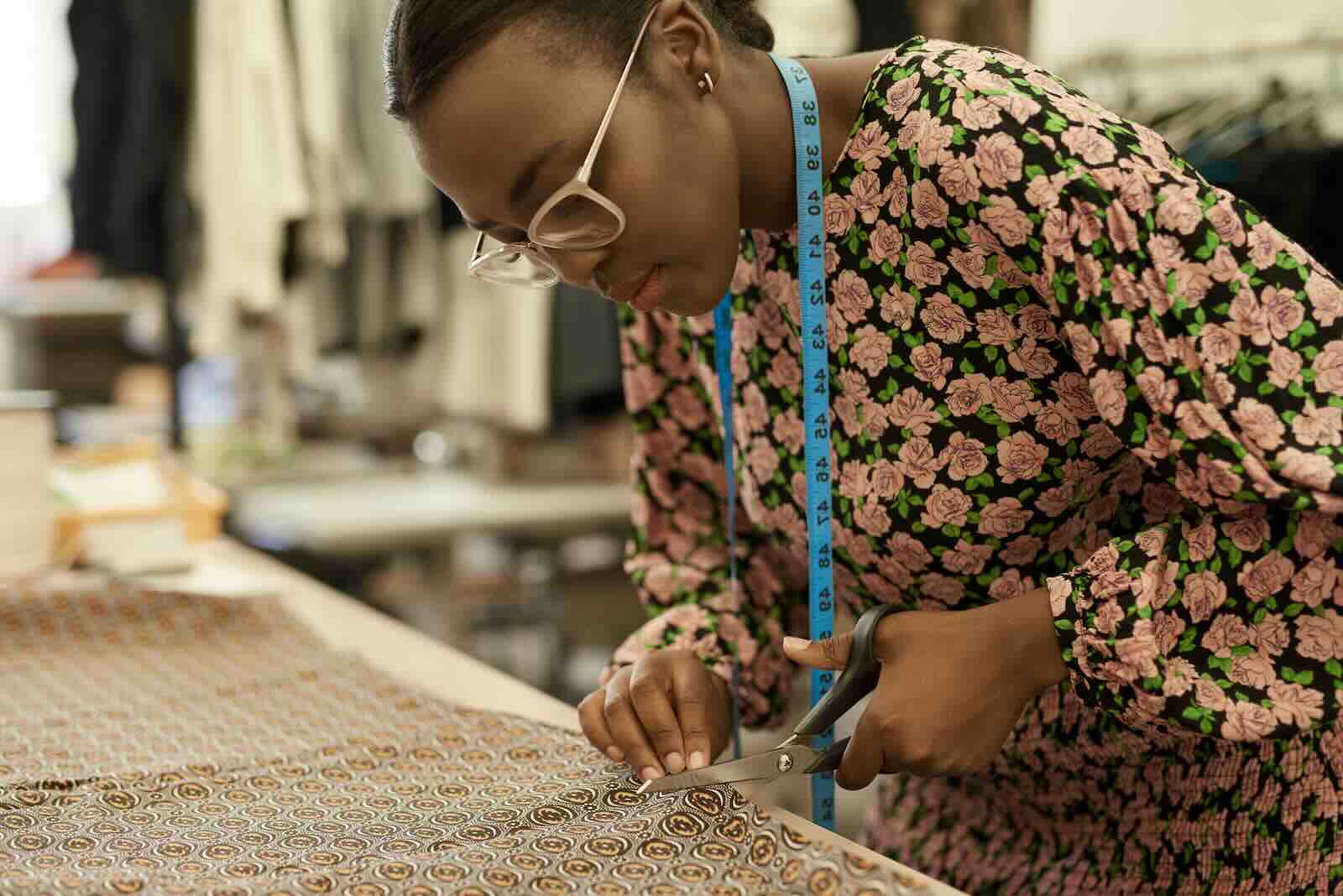Greetings, ImpactAlpha readers!
Featured: ImpactAlpha Original
Financing for smallholder farmers has high impact and low margins. Honduras, long-plagued by gang violence and narco-trafficking, has become a leading supplier of speciality coffee. The change follows a significant expansion of credit to the country’s small farmers. International social financiers, including Oikocredit, Alterfin, Incofin and Root Capital, paved the way for local commercial banks to lend to Honduran smallholder cooperatives, enterprises and farmers. “It’s possible that they are going to compete many of us out of the market,” Root’s Brian Milder says of the local banks. “Which is certainly what we hoped for.”
The Council on Smallholder Agricultural Finance’s annual state of the sector report shows a mixed picture. The council’s dozen members, which also include AgDevCo, Global Partnerships, Triodos Bank and others, have more than doubled their annual lending to small and medium-sized farming enterprises to $716 million over the last five years. But the year-over-year growth rate fell to just 2%, after robust 12% growth the previous two years. The share of lending to smaller agriculture enterprises also is decreasing. A Dalberg study found that members’ average loans of $665,000 are just not profitable. The economics of low revenues, high discovery costs, and higher risks limits the ability to scale up lending. Dalberg’s prescription: blended finance instruments that mix grants, guarantees, low-cost lending and technical assistance to shore up small-farmer lending.
Keep reading, “Financing for smallholder farmers has high impact and low margins,” by Dennis Price, on ImpactAlpha.
Dealflow: Follow the Money
Nepal’s Dolma Impact Fund raises $36.6 million for energy, agriculture, healthcare and tourism deals. It took three years, but the fund closed with more than $10 million more than it had initially expected. The fund has invested in seven companies and expects to make three or four more investments. Most of the capital for Nepal’s first private equity and impact investing fund was raised from European development financial institutions amid Nepal’s difficult, post-conflict fundraising climate. Here’s more.
Apeel raises $70 million to curb food waste. The Santa Barbara, Calif.-based company makes a natural, edible coating for produce. Extending produce life is one key to combating the $2.6 trillion global food waste problem. Apeel’s $70 million Series C round is backed by Viking Global Investors, Andreessen Horowitz, Upfront Ventures and S2G Ventures. Dig in.
Zonful secures backing from Persistent to extend off-grid solar in Zimbabwe. The Harare, Zimbabwe-based company sells pay-as-you-go solar home systems. The majority of Zimbabwe’s 15.6 million citizens have either intermittent or no connection to the electricity grid. Zonful, which has installed 5,000 systems since 2014, is looking to reach reach 25,000 customers by the end of the year. Read on.
Agents of Impact: Follow the Talent
Former U.S. vice president and Generation Management co-founder Al Gore will keynote the GSG’s Global Impact Investing Summit in New Delhi in October… TIIME and Stone Soup Consulting will host “3S: Manage for Impact” in Barcelona, Sept. 27-28 (use code 3SCONF10 to get 10% off)… The Social Investment Business is hiring a director of enterprise and development in London.
— August 2, 2018.











